Never Failing Springs...a visit to some of the world's great libraries.
By JOL Admin | 14 January 2013
“If you have a garden and a library you have everything you need” Cicero
Wherever you are the library gives you access to something you can’t obtain on your own – collective wisdom, recorded experience, knowledge, facts. It provides a space in the town or city with collections that generate an atmosphere, fecund and numinous, that connect you to the living world of the mind.
A place of revery, or honed concentration, in the library you can grow and become greater than you were before you entered…that is the promise and potential of every library. As Andrew Carnegie remarked, “A library outranks any other thing a community can do to benefit its people. It is a never failing spring in the desert.”
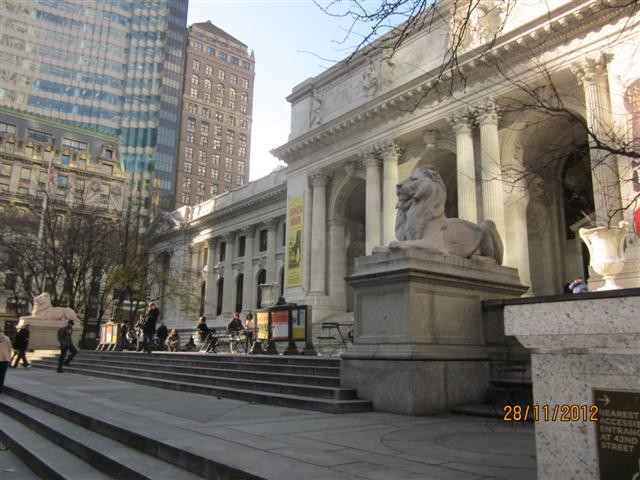
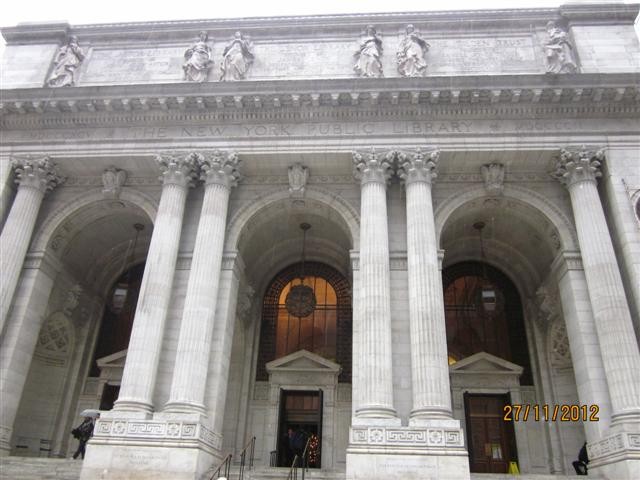
Heading out into the world of the Americas I experienced the beauty of some of the great libraries…places every person interested in the life of the mind should visit…if only once.
In New York, Denise Hibay, Susan & Douglas Dillan Head of Collection Development, provided a wonderful tour from the stacks to the reading rooms of the New York Public Library's Stephen A. Schwarzman Building on Fifth Avenue. In that big city of dreams the NYPL is an icon where the stone lions, Patience and Fortitude, guard her bounty of treasures. The library marked her 100th anniversary in 2011 with the publication of the book Know the Past, Find the Future in which some famous library lovers talk about their favourite collection items. I had finished reading the copy Denise gave me by the time we reached Washington.
I now recall fondly, with a mixture of memory and desire, the experience of seeing with my own eyes in the Berg Collection of English and American Literature the original typescript of T.S. Eliot's "The Wasteland". I remember too an old friend who could recite the poem by heart...she would have had trouble if Pound hadn't pared it down to size.
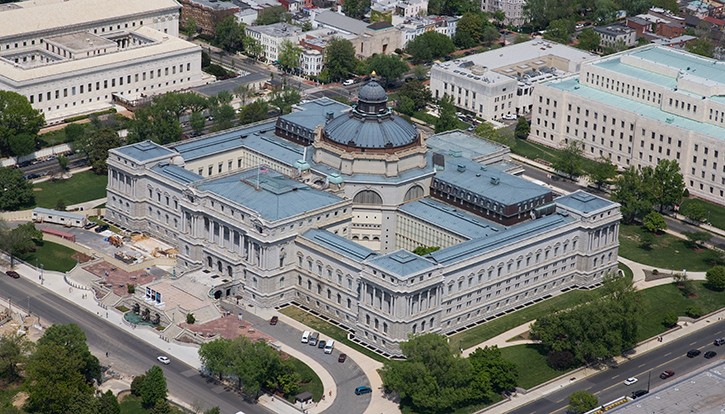
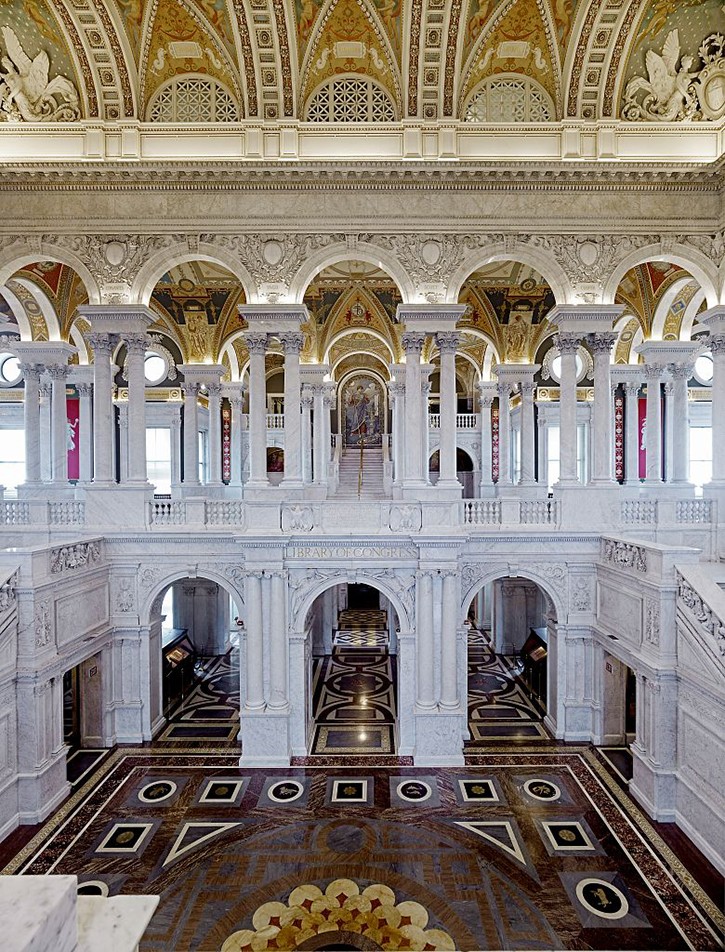
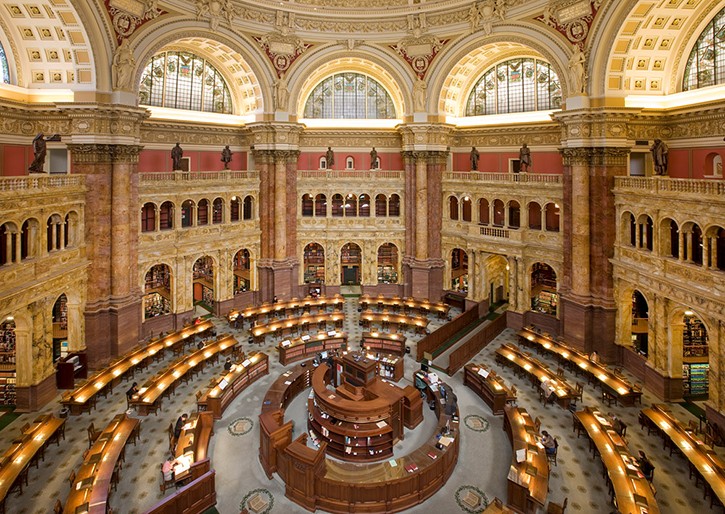
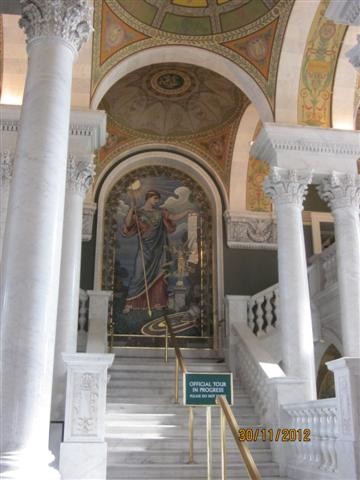
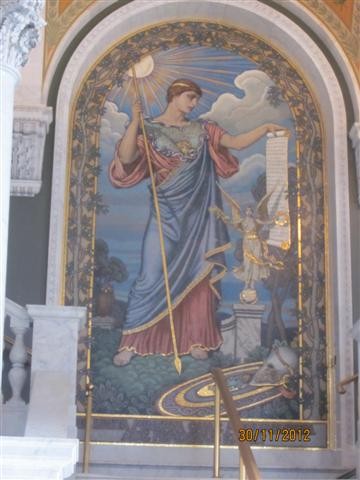
With my newly acquired readers ticket I entered the grandeur of the main reading room of the Library of Congress in the Thomas Jefferson building…indescribably beautiful. The largest library in the world is breathtaking inside and out with 1, 349 km of bookshelves and 147 million items. The Library makes millions of digital objects, comprising tens of petabytes, available at its American Memory site.
The Library of Congress is a Mecca for librarians and researchers from all over the world. Beneath the main reading room a rabbit warren of corridors leads you to various specialized readings rooms. At one point I took a lift down to this area, like Alice tumbling into Wonderland, and had to admit I was lost in the maze…secretly I didn’t want to be found…not for a while anyway…A librarian from the Hispanic Reading Room pointed me in the right direction. “Oh, you’re a librarian from Australia…you shelve books upside down there don’t you?” Very amusing.
Before entering the main reading room I had taken in an exhibition on the American Civil War and the original library of Thomas Jefferson which is permanently on display. Earlier on that same crisp cold morning I had been standing at the feet of the 16th and greatest President of the United States of America at the Lincoln Memorial. Lincoln himself had said, “My best friend is a person who will give me a book I have not read.”
In Colombia, South America, fine libraries and bookshops are numerous. 2012 was the 30th anniversary of Gabriel Garcia Marquez being awarded the Nobel Prize for Literature. In his acceptance speech he had said that the world thought of South America as a man with a moustache and a gun. Now, for those of us who admire fine writing, we think of it as a man with a moustache and a pen.
In the pages of the main daily El Tiempo I was heartened by the number of articles about writers and artists. The librarian feels at home in Colombia provided he or she is prepared to develop Spanish language ability.
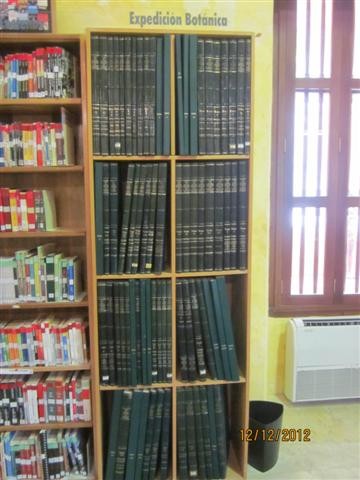
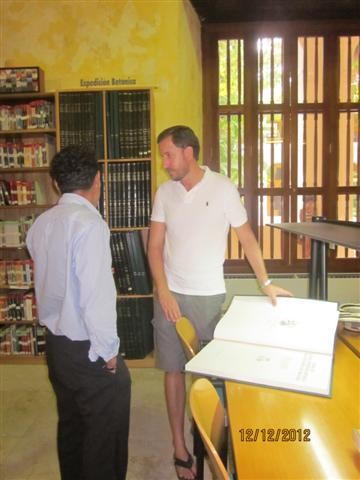
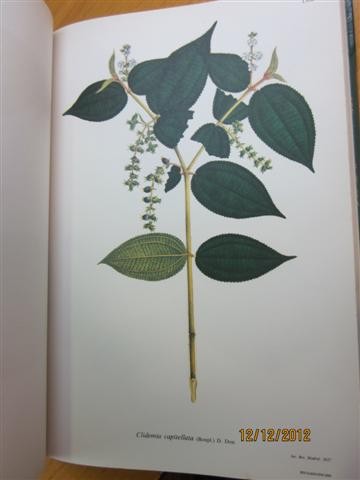
In the old city of Cartagena de Indias there are almost as many libraries as there are churches. At the Biblioteca del Centro de Formación de la Cooperación Española a librarian showed me their complete set of illustrations from the Royal Botanical Expedition to New Granada (at that time this territory included present day Colombia, Ecuador, Panama, Venezuela, Peru and northern Brazil and western Guyana) 1783-1816. I was interested as we are planning an exhibition of botanical artworks published in books held in our Australian Library of Art collection.
All of the plates, maps, correspondence, notes and manuscripts from the expedition, as well as 24,000 dried plants, 5,000 drawings, and a collection of woods, shells, resins, minerals, and skins, were sent to Spain were they were inventoried and classified on arrival to Madrid, ending up at the Royal Botanical Garden of Madrid where they have remained since, except for a small part that was sent in 1889 to the Real Academia de la Historia.
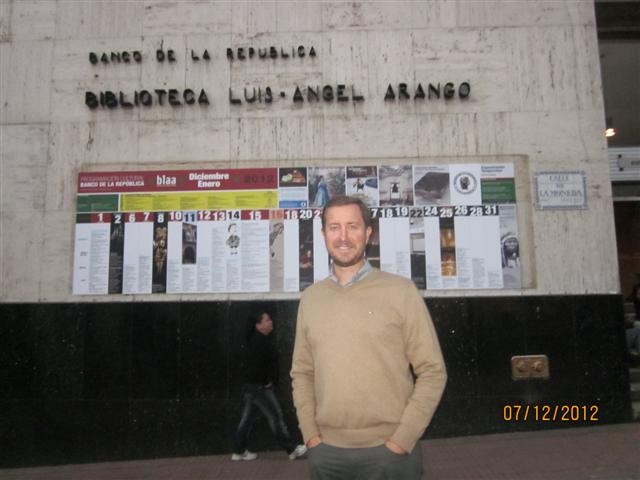
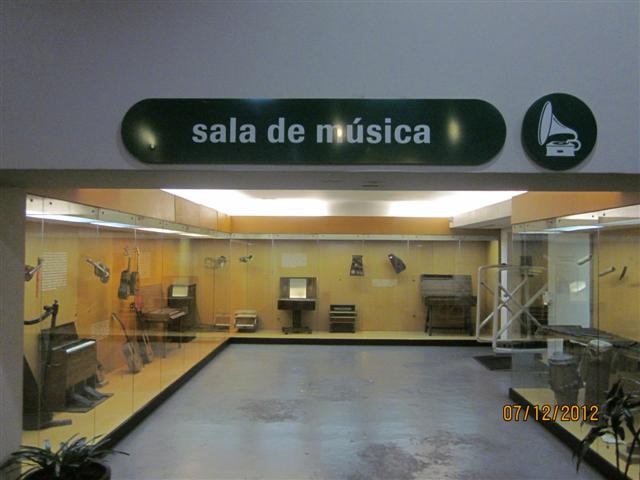
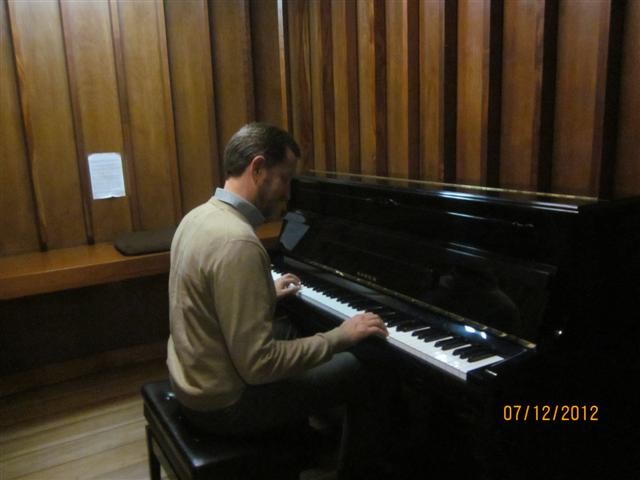
At the Luis Angel Arango Library in Bogota, one of the most important libraries in Latin America, a librarian named Andrea showed me through the entire building, including galleries and concert halls, taking the time to show her colleague from Australia everything of interest and introducing me to staff on all levels. The library, founded in 1923, is named after the lawyer and business man Dr. Luis Angel Arango, who occupied the general manager position of the "Banco de la Republica" in Colombia, and who was an advocate for culture and literature.
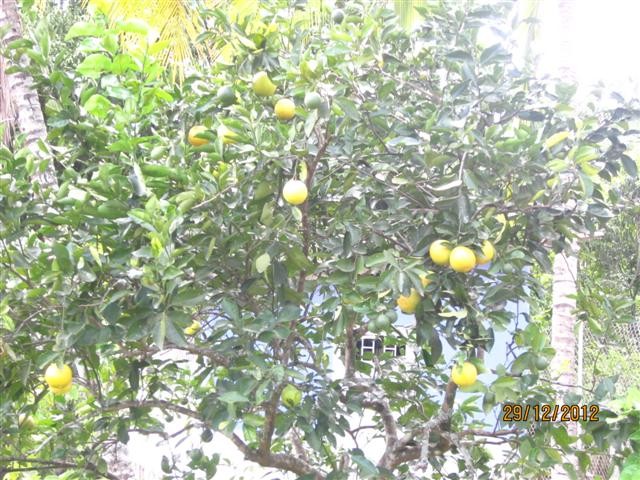
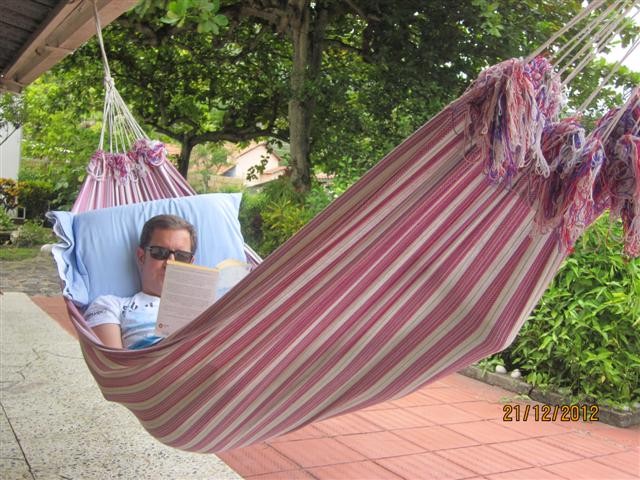
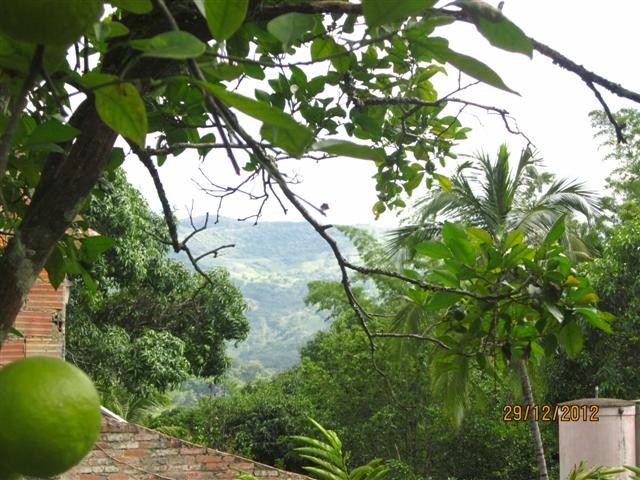
In the little town of Villeta, outside of Bogota, at the house of my wife’s father we relaxed in the surroundings of a garden in which all manner of fruit trees grew. I thought at the time that there isn’t much you need to be happy and fulfilled in life. I would distill it down to family, a library, a garden, a hammock...and a friend to bring you a book you have not yet read.
Simon Farley
Manager, Arts Portfolio
Queensland Memory - State Library of Queensland
Comments
Your email address will not be published.
We welcome relevant, respectful comments.